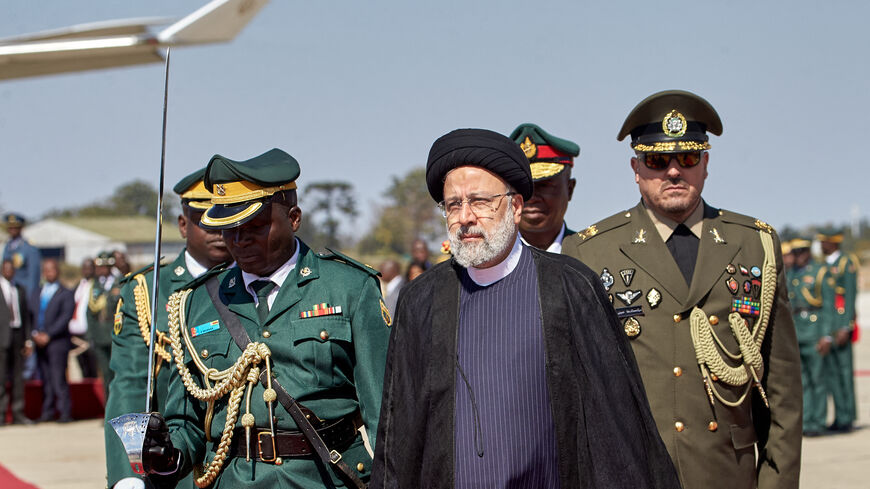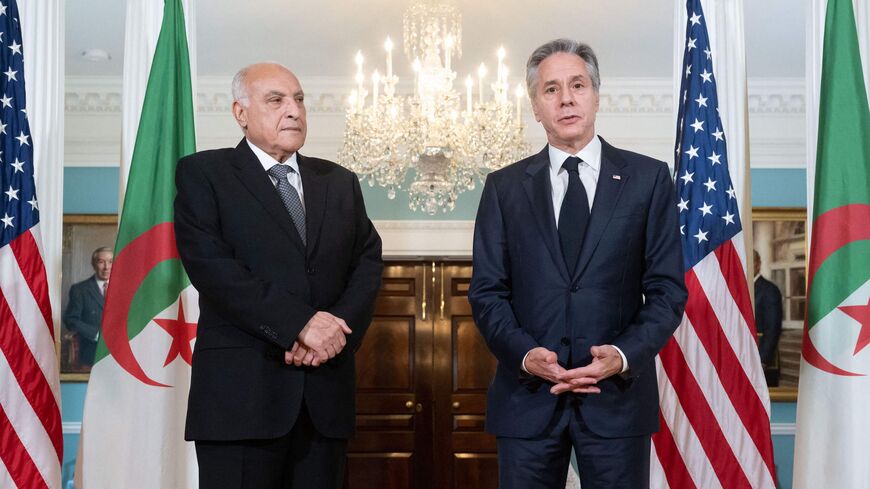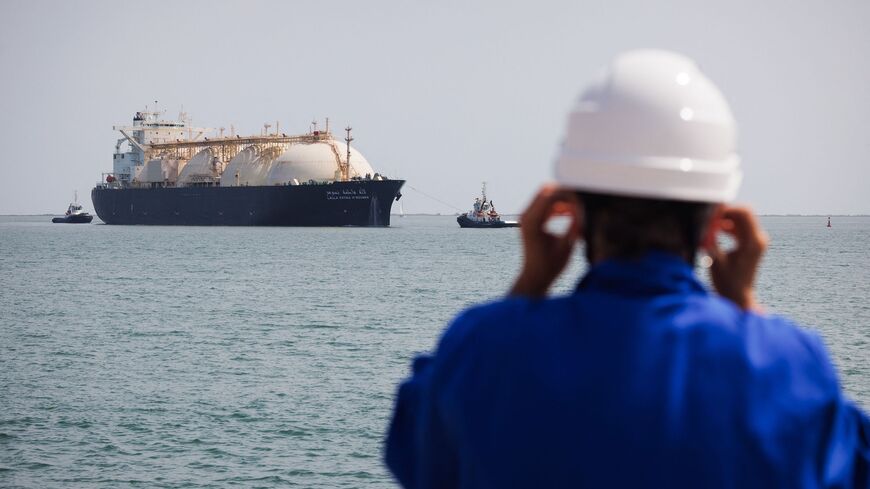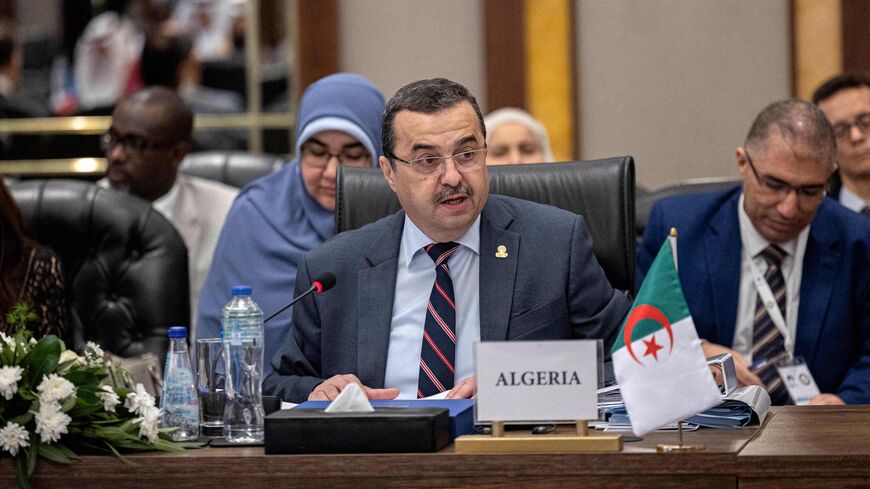Iran, Algeria to build closer energy, tourism ties
Europe is increasingly interested in Algeria as an alternative to Russia for gas supplies, while Iran is seeking to boost its own gas output amid continued US sanctions.

Iran and Algeria signed gas, tourism and other cooperation agreements on Sunday during Iranian President Ebrahim Raisi’s landmark visit to Algiers, further demonstrating the two countries’ efforts to boost relations amid increasing European interest in Algerian gas.
Raisi was in Algeria for the Gas Exporting Countries Forum that took place on Saturday. According to the official Algeria Press Service, during a meeting between Raisi and his Algerian counterpart, Abdelmadjid Tebboune, Algeria and Iran signed memorandums of understanding in the fields of gas and oil cooperation, science and technology, tourism, sports, and communications.
During the meeting, Raisi endorsed boosting bilateral cooperation between Iran and Algeria, particularly in energy and the economy.
"Iran's large potentials in the economic sector are a suitable background for the development of bilateral cooperation in the fields of energy, technology, engineering, industries, petrochemicals and finance,” he said, as reported by the Iranian state-run Press TV.
The Gas Exporting Countries Forum is an intergovernmental organization dedicated to gas-related cooperation. Iran, Algeria, Qatar, Russia, the United Arab Emirates and several other states are members and sent delegations to this year’s meeting in Algiers.
Why it matters: The agreements demonstrate Iran's and Algeria’s continued efforts to improve bilateral relations. Algerian Foreign Minister Ahmed Attaf visited Tehran in July and met his Iranian counterpart, Hossein Amir-Abdollahian. The speaker of Algeria’s lower house of parliament, Ibrahim Boughali, followed suit and visited Iran the following month.
Algeria and Iran are aligned on some international issues. Both countries are close to Russia and regularly condemn Israel over the war in Gaza.
Algeria and Iran do not have significant trade ties, however, despite the overtures. Iran’s non-oil exports to Algeria from March to June of last year amounted to $1.1 million. By comparison, Iran exported $3.5 billion and imported $4.3 billion in non-oil products to and from China during the same period, according to Iran’s semi-official Tasnim news agency.
Algeria’s hosting of the forum comes at an opportune time for the North African country. European countries' interest in Algerian gas has increased since the 2022 Russian invasion of Ukraine, as the continent seeks to reduce its energy dependence on Russia.
Algeria is the top gas supplier to Italy and Spain; its state energy firm, Sonatrach, signed a gas supply deal with Germany’s VNG in February. Algeria is struggling to keep up with the demand, however, due to infrastructure issues and competition from Qatar and the UAE, according to The Associated Press.
Iran is likewise seeking to boost its gas output. Iranian Oil Minister Javad Owji said during the forum that Iran will raise its gas output to 1.3 billion cubic meters (bcm) within five years, up from the current level of 1.07 bcm, according to Reuters.
Iran and Algeria are both among the top five largest gas producers in the world.
Know more: The United States placed heavy sanctions on Iran’s energy industry that forbid oil and gas deals with the Islamic Republic. The sanctions have hindered Iran’s ability to cooperate on energy matters with other states, including in regard to the Iran-Pakistan gas pipeline.
Algeria and the United States do not have friendly relations, particularly after the United States recognized Moroccan sovereignty over Western Sahara in 2020. Algeria has long supported the Polisario Front, which fights for the territory’s independence.
Some members of the US Congress called for sanctions against Algeria in 2022 due to the country’s ties to Russia amid the Ukraine war.
The United States has encouraged Algeria to boost gas exports to Europe as an alternative to Russia, in the aftermath of the war.
“Given that the United States favors alternatives to Russian gas, it undoubtedly sees any increase in Algerian gas exports to Europe as a positive development,” wrote Gregory Aftandilian in a report published by the Arab Center. “And the issue works in favor of keeping US-Algerian relations on an even keel, despite the two nations’ sharp disagreement over Western Sahara and Russia,” he added.








